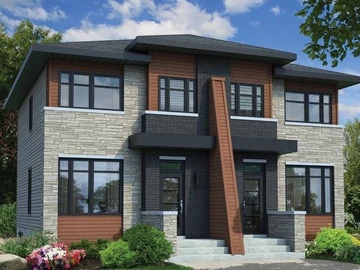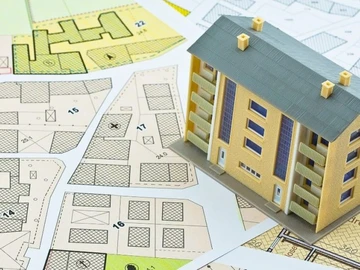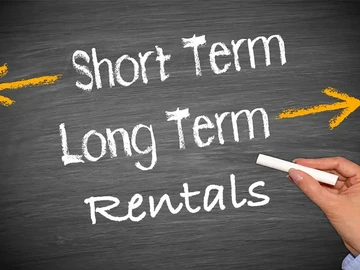The Zimbabwean diaspora contributes significantly to the economy, sending over US$1.4 billion in remittances in 2024 (RBZ statistics). A growing portion of these funds is being directed into real estate investment, as Zimbabweans abroad look to secure homes for their families or build wealth back home.
But while real estate offers one of the most reliable investment opportunities, many diaspora investors worry about fraud, mismanagement, and unclear property rights. This guide explains how to invest safely in Zimbabwean real estate, with practical tips, examples, and trusted strategies.
Why Real Estate Is a Smart Choice for the Diaspora
- Stable asset class: Unlike currency or stock fluctuations, property retains long-term value.
- Rental income: Urban areas like Harare and Bulawayo generate steady demand from professionals, corporates, and students. Rental yields range between 6–10% annually depending on location.
- Legacy building: Owning property ensures long-term security for families and provides a hedge against inflation.
Example: A Zimbabwean living in South Africa recently purchased a 3-bedroom home in Mount Pleasant for US$180,000 through a local registered agency. Within months, it was rented out at US$1,100/month, generating reliable income.
Key Risks Diaspora Investors Face
- Fraudulent land sales: Some buyers have lost money to unregistered sellers or double allocations.
- Unclear title deeds: Properties without valid deeds or proper subdivision permits can lead to disputes.
- Poor project management: Incomplete housing projects and mismanaged developments can trap investors.
How the Diaspora Can Invest Safely
1. Use Registered Estate Agents and Developers
- Check the Estate Agents Council of Zimbabwe (EACZ) registry before transacting.
- Platforms like property.co.zw list verified agencies and developers, reducing fraud risk.
2. Prioritize Title Deeds Over Agreements of Sale
- A title deed is the strongest proof of ownership.
- Avoid stands or houses without proper paperwork, even if prices seem attractive.
3. Leverage Escrow and Banking Services
- Work with banks offering escrow services to hold funds until transfer is complete.
- This ensures sellers only get paid once ownership is legally transferred.
4. Engage Trusted Lawyers
- A property lawyer can verify ownership, conduct due diligence, and draft secure contracts.
5. Explore Diaspora-Friendly Housing Projects
- Developers are now rolling out schemes specifically for diaspora buyers, allowing installment payments in USD.
Example: A Norton housing project reported that 40% of its buyers in 2024 were diaspora clients, showing growing trust in structured developments.
Conclusion
The Zimbabwean diaspora plays a powerful role in shaping the property market. With the right safeguards using registered agents, insisting on title deeds, and leveraging escrow services diaspora investors can safely secure profitable and lasting real estate investments in Zimbabwe.
For peace of mind, always work with verified agencies and platforms like property.co.zw to avoid costly mistakes.
 Continue with Facebook
Continue with Facebook
 Continue with Email
Continue with Email














